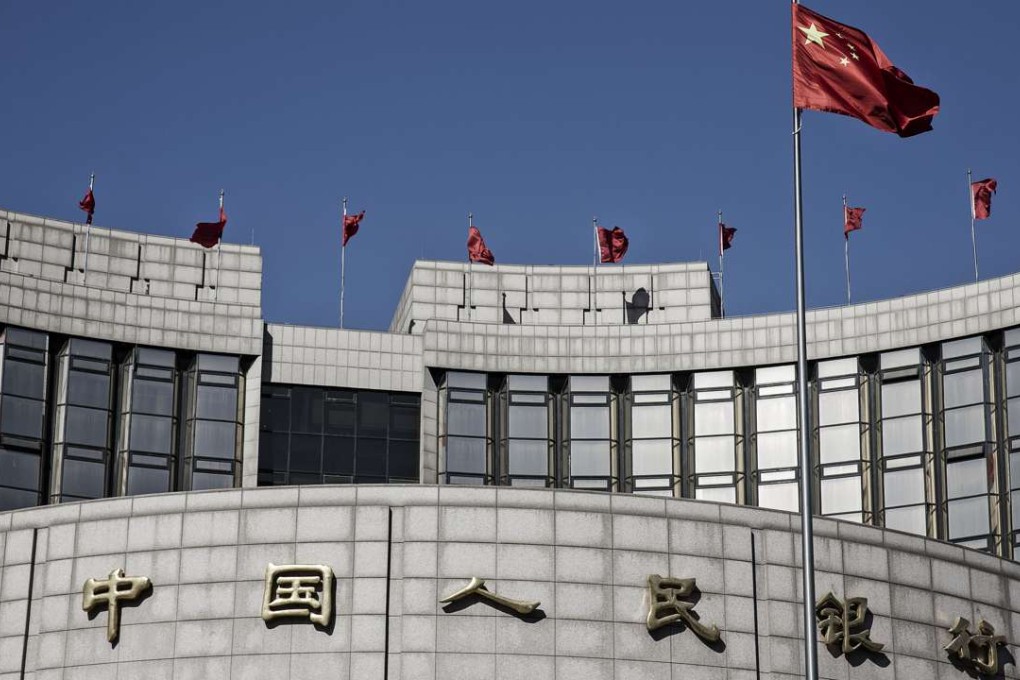China’s currency curbs merely ‘temporary’ to stem yuan’s outflow, central bank chief says
People’s Bank of China governor Zhou Xiaochuan indicated that yuan flows will return to normal once the markets stabilise, HKMA’s chief Norman Chan said

The Chinese central bank governor Zhou Xiaochuan has described the country’s measures for limiting the yuan’s outflows as a temporary means for preventing capital flight and restoring calm to the currency markets, said the Hong Kong Monetary Authority’s chief executive Norman Chan.
“Governor Zhou said the measures are for the short term,” Chan said in Beijing, after leading a visit by the Hong Kong Association of Bankers to the Chinese central bank. “When the market condition becomes stable, the capital flow will be back to normal.”
The People’s Bank of China imposed a limit on companies that wanted to remit the yuan, equivalent to 30 per cent of their shareholders’ equity two weekd ago.
In addition to the cap, non-financial firms are only allowed to execute any transfers as loans to offshore entities, and these must be supported by valid commercial reasons and must be repaid as per schedule, according to the central bank.
Since the new rule took effect, mainland banks had been discouraging customers from any cross-border transactions in their capital accounts, including for overseas debt repayments, despite having set up intra-group yuan cash pools on both sides of the border with China.
